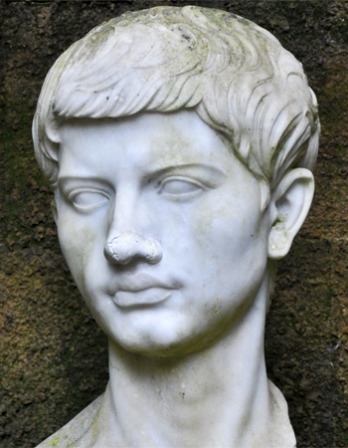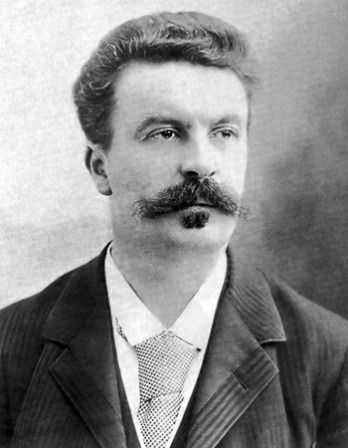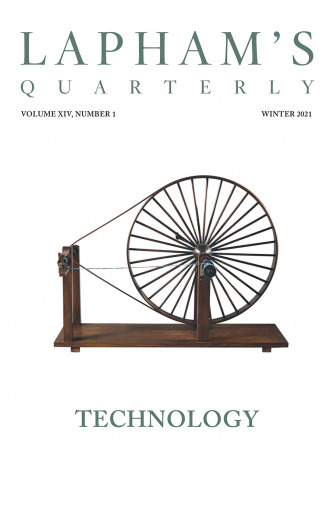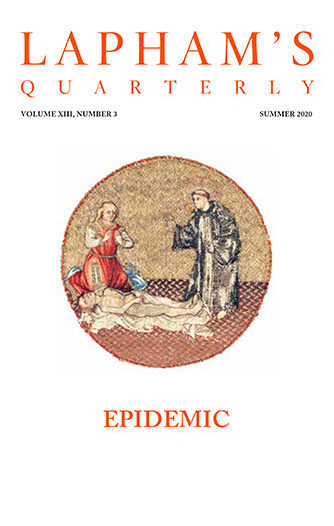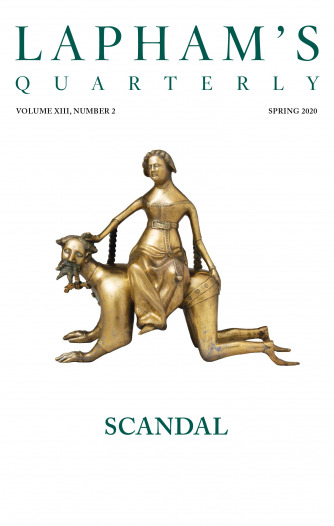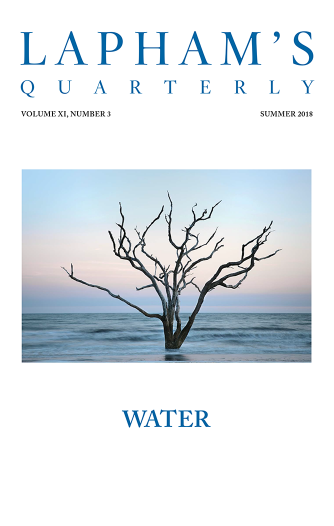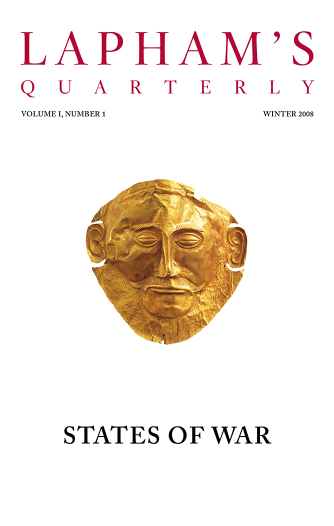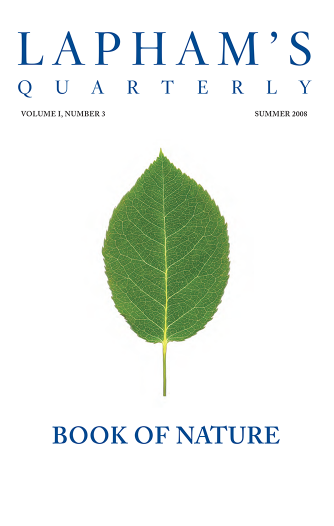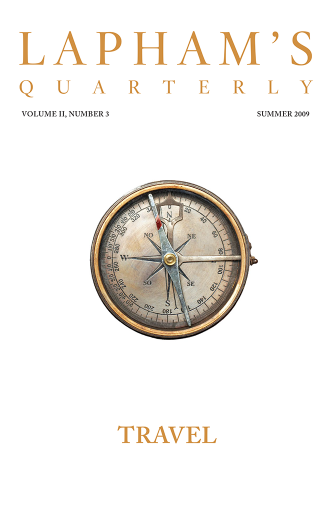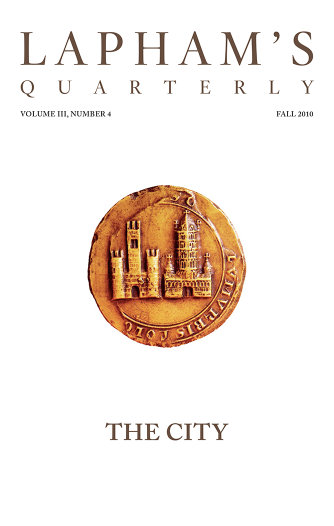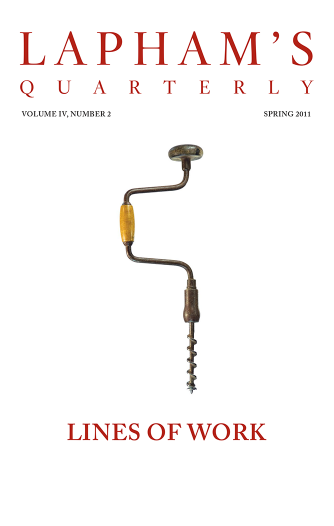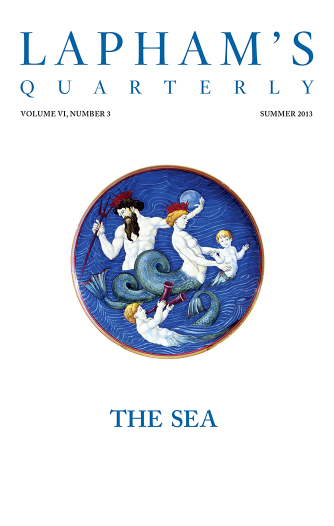
Virgil
(70 BC - 19 BC)
Born to peasants near Mantua, Italy, in 70 bc, Virgil retained a sympathy for agricultural life, evident in his works the Eclogues and the Georgics, later described by Seneca the Younger as written “not to instruct farmers but to delight readers.” With his patron Maecenas in 29 bc, Virgil recited his Georgics for Octavian, who was returning from his victory over Antony and Cleopatra at Actium. It was around this time that Virgil began composing the Aeneid, not finished at the time of his death in 19 bc. Once released, the Aeneid achieved such success that it quickly became the standard text in Roman schools; it also produced a from of prognostication known as the Virgilian lottery, in which a passage from the poem was selected at random and read as an oracle.
